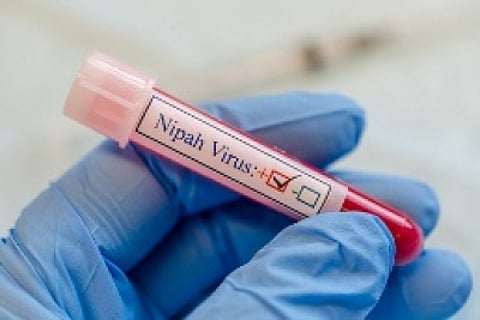

THIRUVANANTHAPURAM: Early alerts and sensitisation efforts, in place from February, have helped the health department prepare for potential Nipah outbreaks during the high-risk period from April to September. This was indicated in an advisory released after a top-level meeting convened by Health Minister Veena George to review preparedness against various communicable diseases. This timely alert played a crucial role in identifying recent Nipah cases that initially presented as dengue.
The state remains on high alert during the Nipah transmission season, which aligns with the mating period of fruit bats (Pteropus medius), believed to be the natural reservoirs of the virus. The state has historically recorded Nipah cases between May and September, with the first occurring in May 2018. A 42-year-old woman from Valanchery in Malappuram tested positive for Nipah earlier this month. In both this case and previous ones, transmission is believed to have started by mid-April, with symptoms appearing towards the end of the month. Similarly, cases were recorded in July and September last year.
“We began issuing alerts early to ensure both the public and healthcare workers are prepared and aware,” said Dr T S Anish, professor and nodal officer at the Kerala One Health Centre for Nipah Research and Resilience, Kozhikode Government Medical College. The Centre launched awareness campaigns in March across five districts identified as hotspots: Kozhikode, Malappuram, Kannur, Wayanad, and Ernakulam.
According to Dr Anish, the early advisories have encouraged the public to adopt safer practices--avoiding contact with bats, washing hands thoroughly after handling animals, and refraining from eating partially consumed fruits. “This year, the patient was admitted with fever and initially tested positive for dengue. When her condition didn’t improve, we tested for Nipah. Such cross-detection happens in busy hospital settings where dengue, chicken pox, and West Nile fever are also being reported,” he explained.
Dr Anish noted that while bats carrying the virus are present in other parts of the country, Nipah is more likely to be detected in Kerala due to heightened surveillance and awareness. “Complete eradication of the virus from the environment may not be possible, but we can work to minimise its transmission,” he added.
Though fruit bats of a particular species are confirmed carriers, the exact mechanisms that lead to human infection and localised outbreaks remain poorly understood.